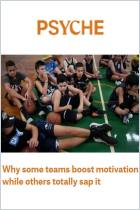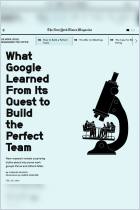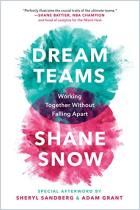The prevailing wisdom, rooted in the belief that “collective intelligence” trumps individual intelligence, says that team efforts outshine solo attempts. But Taha Yasseri, a sociology professor at University College Dublin, shares research from a new study that challenges this assumption. He explains how to anticipate “process losses” when working in teams, and he offers insights into underperformance. Discover how to harness the benefits of teamwork, and explore why working alone is often more beneficial.
Contrary to popular belief, teams don’t always outperform individuals.
Collaborative teamwork dominates the modern workplace due to the rapid progress of communication technology since the turn of the century. Moreover, organizations deem teamwork’s collective intelligence to be of greater value than the sum of its parts – that is, the combined intelligence of its discrete contributors. Harnessing collective intelligence supposedly enables teams to increase performance by boosting “task accuracy” (finding better solutions) and “task efficiency” (finding effective solutions faster). But research shows that collaboration has limits, as sometimes the costs associated with coordination dwarf the benefits.
Researcher Taha Yasseri led a study comparing teamwork with solo efforts, which revealed that individuals working alone – with either generalist or specialist knowledge – often perform better than collaborative pairs. Using webcam photos from Gorongosa National ...




















Comment on this summary or Start Discussion